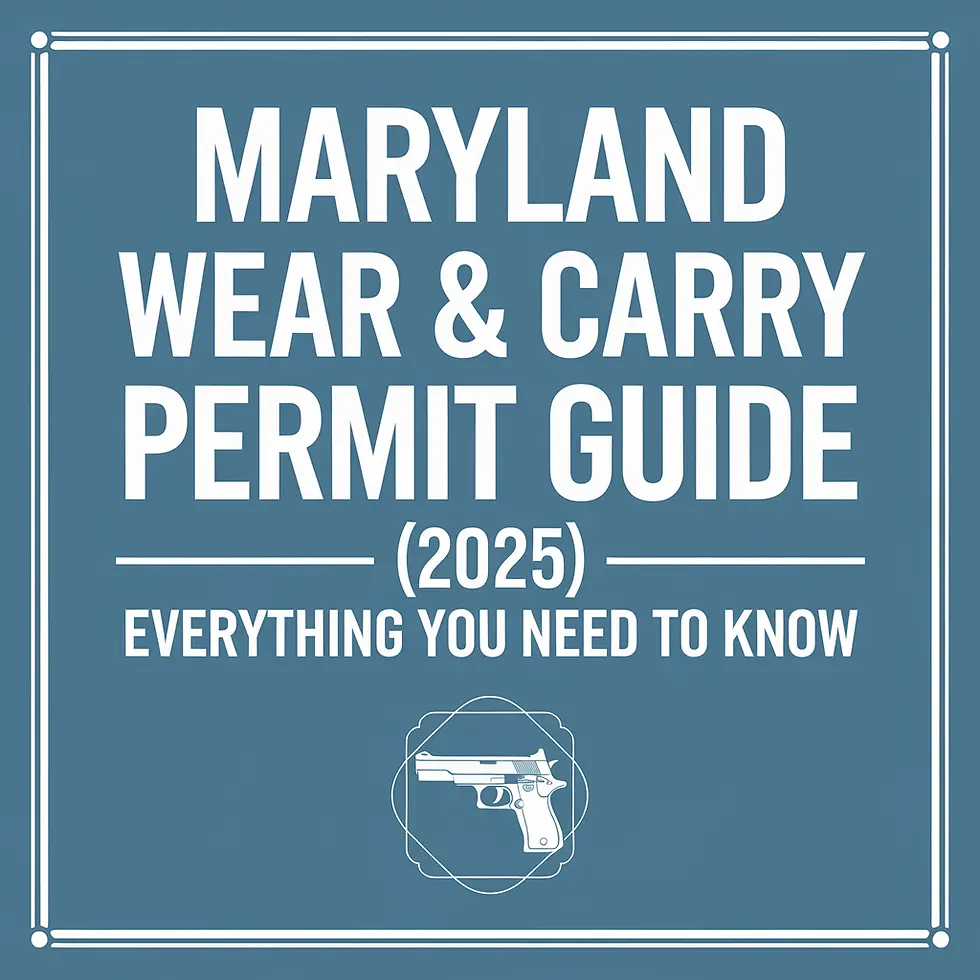Expandable Batons 101: Everything You Need to Know Before Training
- Eight Point Solutions News Room

- Feb 15, 2025
- 3 min read

Introduction
Expandable batons are an essential tool for law enforcement, security personnel, and individuals looking for non-lethal self-defense options. Their portability, ease of use, and effectiveness make them a popular choice in defensive tactics. In this guide, we’ll cover everything you need to know before starting your expandable baton training, including their design, functionality, legal considerations, and best practices.
What is an Expandable Baton?
An expandable baton, also known as a collapsible or telescopic baton, is a non-lethal compliance tool used to subdue or deter aggressors. These batons are designed to extend with a flick of the wrist and retract for easy carrying and storage.
Types of Expandable Batons
Friction-Lock Batons – Require force to expand and close by striking against a hard surface.
Push-Button Batons – Extend and collapse with the press of a button for ease of use.
Rigid Batons – Do not collapse but provide greater striking power and control.
Polymer-Coated Batons – Lightweight and corrosion-resistant, ideal for security professionals.
Benefits of Expandable Batons
Compact and Portable – Collapses to a small size for easy carrying.
Effective Self-Defense Tool – Provides a means of protecting oneself without lethal force.
Visual Deterrent – The sight and sound of deploying a baton can deter potential threats.
Versatile – Can be used for striking, blocking, and compliance techniques.
Durability – Made from high-strength materials like steel or aluminum.
Training Requirements for Expandable Batons
Before carrying an expandable baton, proper training is crucial to ensure effectiveness and legal compliance. Training courses typically include:
Legal and ethical considerations – Understanding the use-of-force continuum.
Stance and grip techniques – How to hold and maneuver the baton.
Striking and blocking methods – Target areas and defensive maneuvers.
Retention techniques – Preventing an aggressor from taking the baton.
Scenario-based training – Real-world application under stress.
Legal Considerations for Carrying a Baton
Laws regarding expandable batons vary by state and country. Before carrying one, check the local regulations. Key legal aspects include:
Permit requirements – Some states require security personnel to be licensed.
Prohibited locations – Certain public spaces may restrict baton possession.
Use-of-force policies – Must align with self-defense laws and be proportional to the threat.
Training certifications – Some jurisdictions mandate formal training before use.
Best Practices for Using Expandable Batons
Always carry your baton legally – Ensure compliance with state and local laws.
Practice regularly – Maintain proficiency with training drills.
Only use when necessary – Employ in accordance with self-defense principles.
Avoid excessive force – Strikes should be aimed at permissible target areas like limbs and large muscle groups.
Keep your baton secure – Use a retention holster to prevent unauthorized access.
Common Mistakes to Avoid
Not knowing your local laws – Ensure you are legally permitted to carry and use a baton.
Poor training – Without proper instruction, you may use the baton incorrectly or ineffectively.
Over-reliance on the tool – The baton should complement, not replace, other de-escalation tactics.
Striking prohibited areas – Avoid targeting the head, spine, or chest to prevent serious injury.
Frequently Asked Questions (FAQs)
Are expandable batons legal to carry?
Laws vary by jurisdiction. Some states allow open carry, while others require permits or restrict possession to law enforcement and security personnel.
How do I choose the right expandable baton?
Consider length, weight, locking mechanism, and material to find a baton that suits your needs.
Do I need a permit for an expandable baton?
Some states and cities require a permit or specific training certification before carrying a baton.
Can civilians use expandable batons for self-defense?
Yes, but local laws may dictate restrictions on where and how they can be used.
How do I maintain an expandable baton?
Regularly clean and lubricate the locking mechanism to ensure smooth deployment and retraction.
Final Thoughts
Expandable batons are a valuable tool for security professionals and self-defense enthusiasts. However, proper training and legal awareness are essential for safe and responsible use. If you're considering baton training, enroll in a certified course to learn the correct techniques and legal guidelines.
Need Training?
Eight Point Solutions offers certified expandable baton training courses to help you stay compliant and confident in your self-defense skills. Contact us today to sign up!
📍 Location: 1802 Brightseat Road, 2nd Floor, Hyattsville, MD 20785
📧 Email: info@eightpointsolutions.com
📞 Phone: (571) 390-9496




Comments